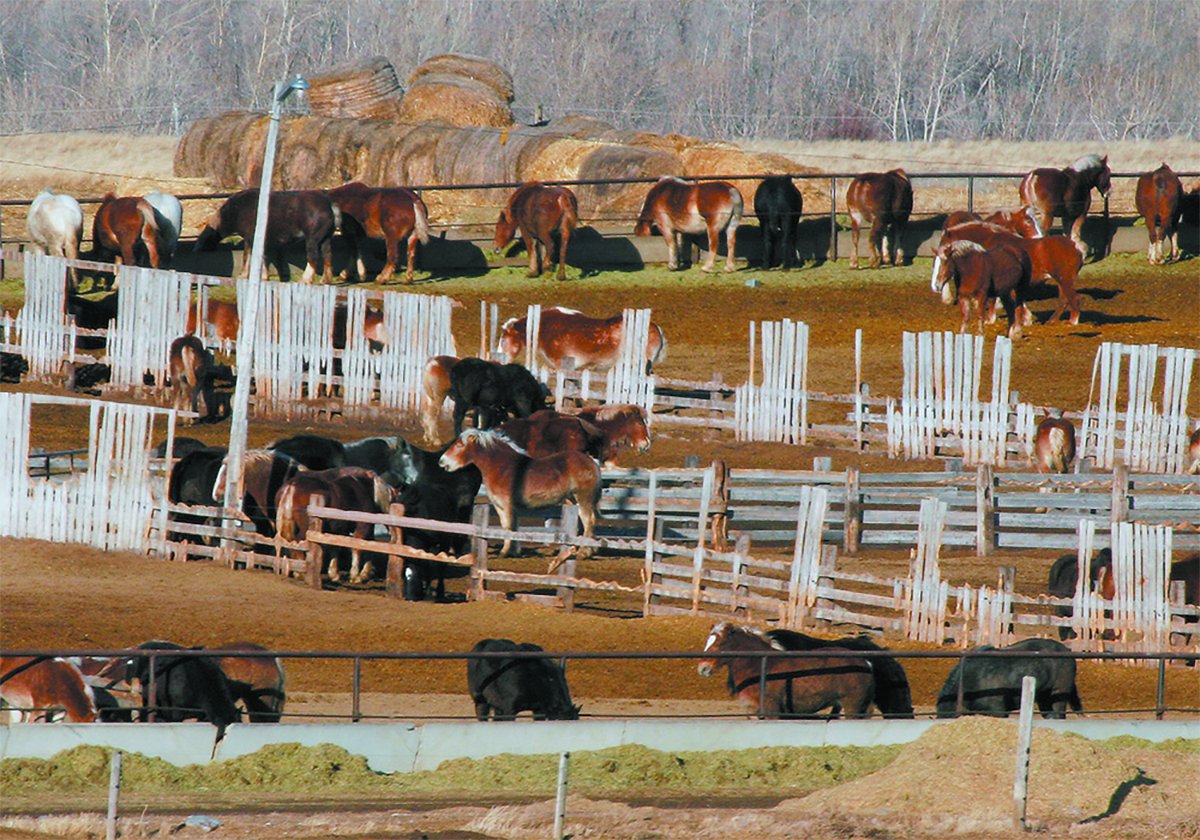A sound knowledge of livestock handling can greatly reduce injuries to animals and people during emergencies.
A one-day course covering all aspects of safe livestock handling is available to Alberta producers and 4-H groups at 10 locations across the province. Dates will be announced later.
“We’ll have courses from Fort Vermilion to Taber,” said program leader Jennifer Woods of Reflected J Livestock Consulting.
In Alberta, nearly one in every two farm accidents involves livestock.
Sponsored by the Alberta Farm Animal Care Association, the workshops cover humane handling, animal behaviour, facility design, equipment safety, medical treatment, proper euthanasia and disposal of dead livestock.
Read Also

Canada’s slaughter horse industry lacks transparency
The lack of clear reporting and public access to data keeps the industry largely hidden, leaving questions about humane treatment and traceability unanswered.
It also looks at the legislation covering safe livestock handling and transportation.
The course covers all species of animals including poultry, cattle, sheep, horses, elk and llamas.
Grants have been received from the Alberta Centre for Injury Control and Research and AFAC to deliver the most recent set of programs.
The cost is $80 per person or a flat rate of $1,500 for groups of 18 or more. The course is available outside the grant program and may be booked by contacting AFAC at 403-932-8050 or Woods at 403-684-3008.

















